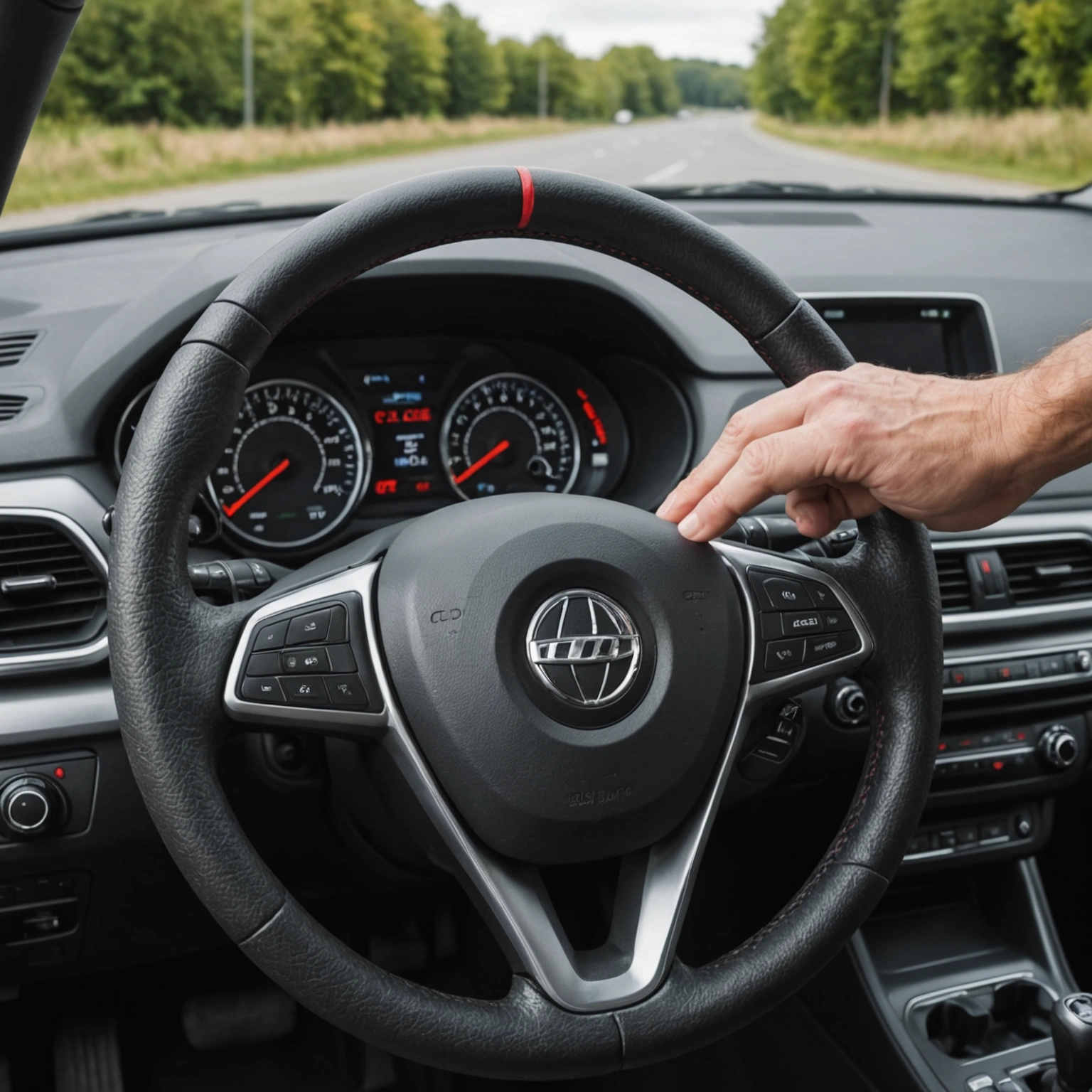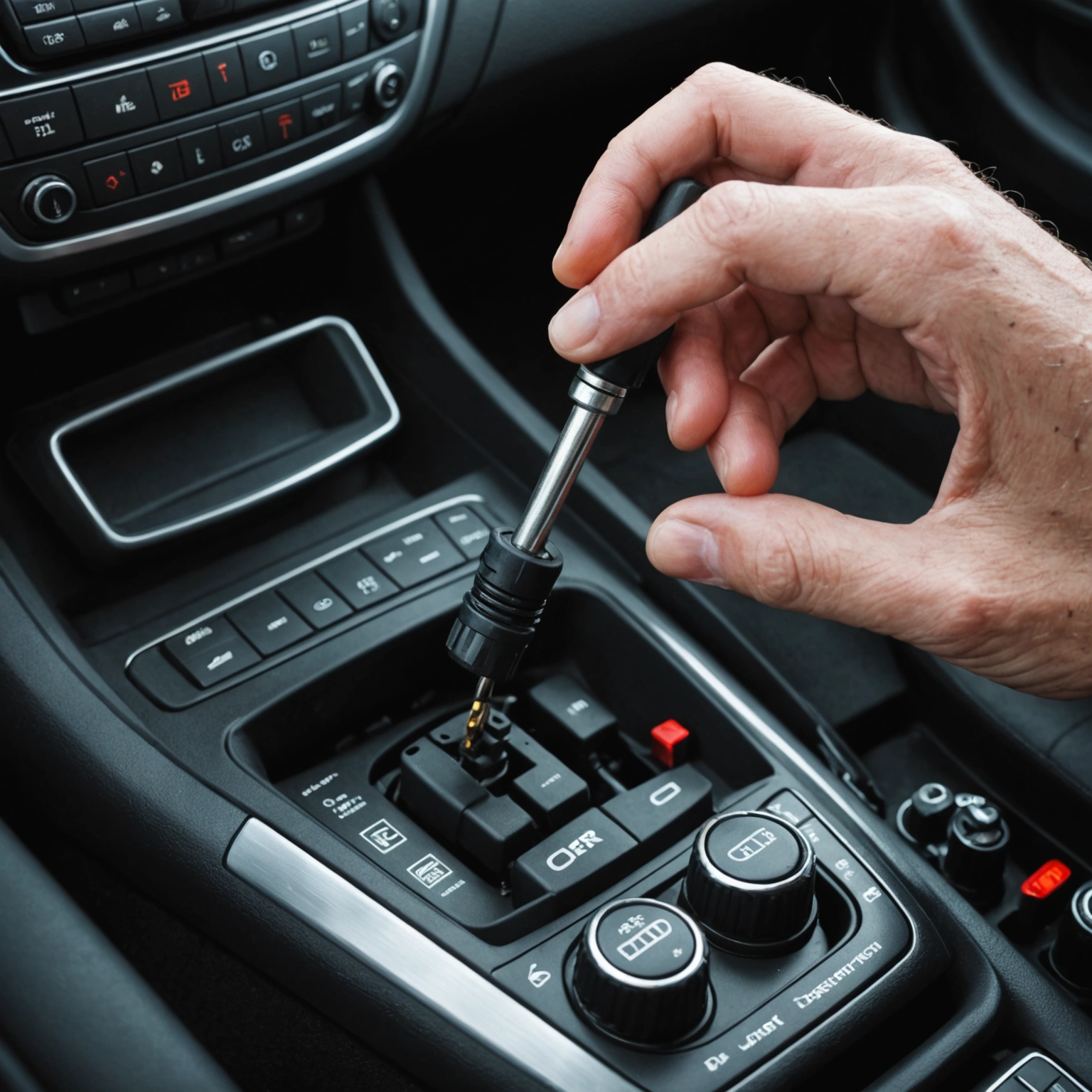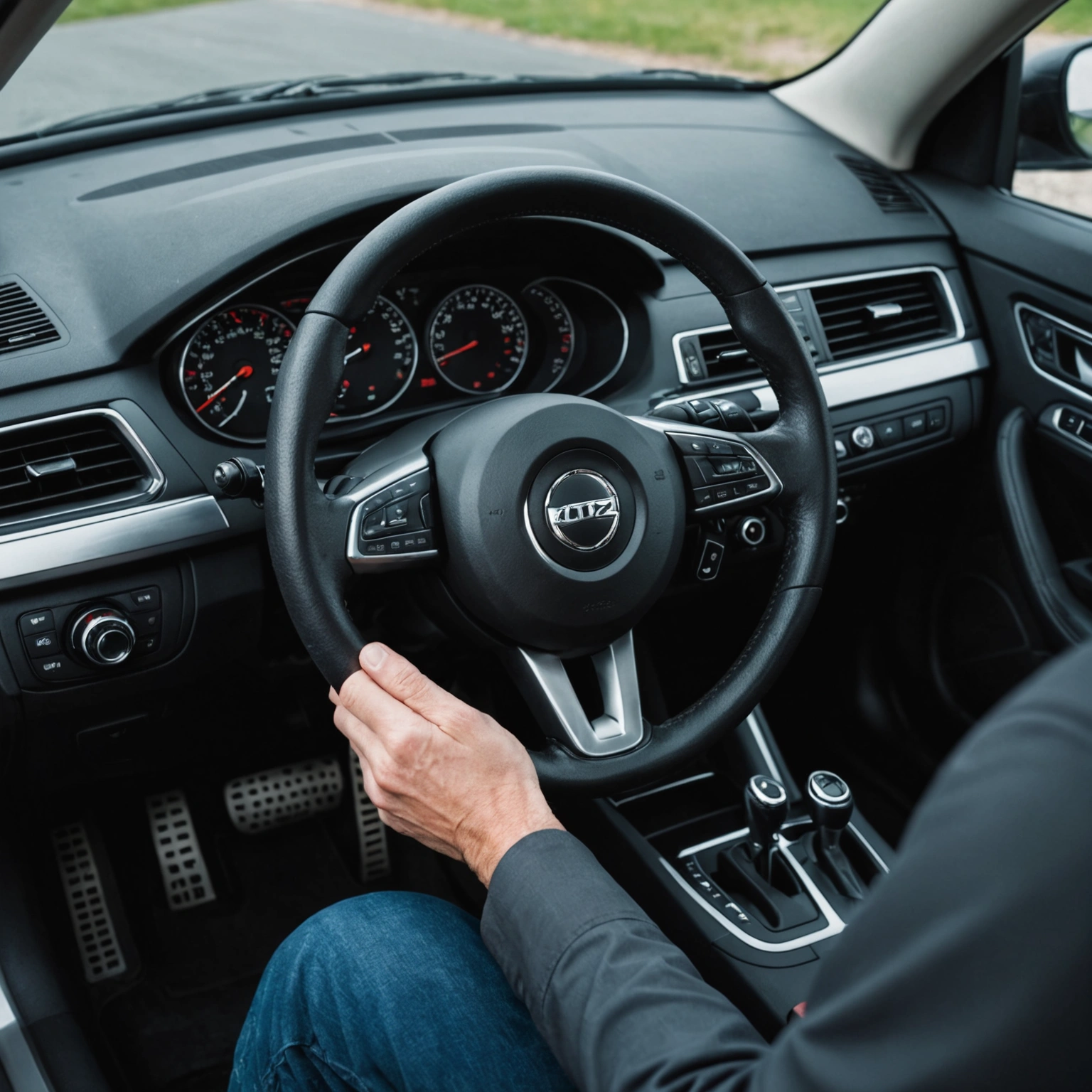**Why Does My Car Turn Off When I Stop? Understanding the Common Causes**
If you’ve experienced your car shutting off unexpectedly when coming to a stop, you’re not alone. This issue can be frustrating and potentially dangerous, especially if it happens frequently. Fortunately, many causes of this problem are manageable and can be diagnosed with some basic knowledge. Let’s explore the most common reasons why your car might turn off when you stop and what you can do about it.

### 1. Faulty Idle Air Control (IAC) Valve
**What it does:**

The IAC valve regulates the engine’s idle speed, ensuring the car doesn’t stall when you come to a stop.
**Why it causes stalling:**

If the IAC valve is dirty, clogged, or malfunctioning, it may fail to deliver the right amount of air to the engine, causing the idle to drop too low or fluctuate, leading to stalling when you halt.
**Solution:**

Cleaning or replacing the IAC valve can restore proper idle control. Regular maintenance can help prevent buildup that causes issues.
—
### 2. Dirty or Failing Throttle Body
**What it does:**
The throttle body controls air intake into the engine.
**Why it causes stalling:**
A buildup of carbon or dirt can restrict airflow, affecting idle stability. When you stop, the engine may stall due to insufficient air intake.
**Solution:**
Cleaning the throttle body can improve airflow and prevent stalling.
—
### 3. Vacuum Leaks
**What it does:**
Vacuum hoses help manage air-fuel mixture and other engine functions.
**Why it causes stalling:**
A leak in these hoses can cause an unbalanced air-fuel mixture, leading to rough idling and stalling when stopping.
**Solution:**
Inspecting and replacing damaged vacuum hoses can resolve the issue.
—
### 4. Faulty Sensors (Mass Air Flow Sensor or Oxygen Sensors)
**What they do:**
These sensors help the engine control unit (ECU) determine the right mixture of air and fuel.
**Why it causes stalling:**
If these sensors send incorrect data, the ECU may reduce fuel delivery excessively or mismanage air intake, causing the engine to stall at low speeds or when stopping.
**Solution:**
Sensor testing and replacement if faulty can restore proper engine function.
—
### 5. Fuel Delivery Problems
**What it involves:**
Issues with fuel pumps, filters, or injectors can disrupt fuel flow.
**Why it causes stalling:**
Inconsistent fuel delivery can cause engine hesitation or shut off when the car is idling or stopping.
**Solution:**
Checking fuel system components and replacing clogged filters or failing pumps can fix this problem.
—
### 6. Transmission-Related Issues (for Automatic Transmissions)
**What it involves:**
Some automatic transmissions rely on sensors and control modules that can influence engine behavior.
**Why it causes stalling:**
Problems with transmission sensors or torque converters can cause the engine to stall when the vehicle shifts into neutral or park.
**Solution:**
Diagnosing transmission control systems can identify and resolve these issues.
—
### 7. Engine Control Unit (ECU) Problems
**What it does:**
The ECU manages engine functions and overall vehicle operation.
**Why it causes stalling:**
Software glitches or sensor malfunctions in the ECU can lead to improper engine management, causing stalls.
**Solution:**
A professional diagnostic scan can identify ECU errors, and updates or repairs might be necessary.
—
### When to Seek Professional Help
While some issues like cleaning the throttle body or replacing a sensor can be DIY projects, others—like diagnosing electrical problems or ECU faults—are best handled by qualified mechanics. If your car repeatedly turns off when stopping, it’s wise to get a comprehensive diagnostic check to pinpoint the exact cause and ensure safe, reliable operation.
### Final Thoughts
Experiencing your car turning off at stops can be caused by various mechanical or sensor-related problems. Regular maintenance, timely repairs, and diagnostics can prevent minor issues from becoming major repairs. Staying attentive to your vehicle’s behavior and addressing issues promptly will keep your drives smooth and safe.
—
**Have you encountered this problem? Share your experiences or questions in the comments below!**

